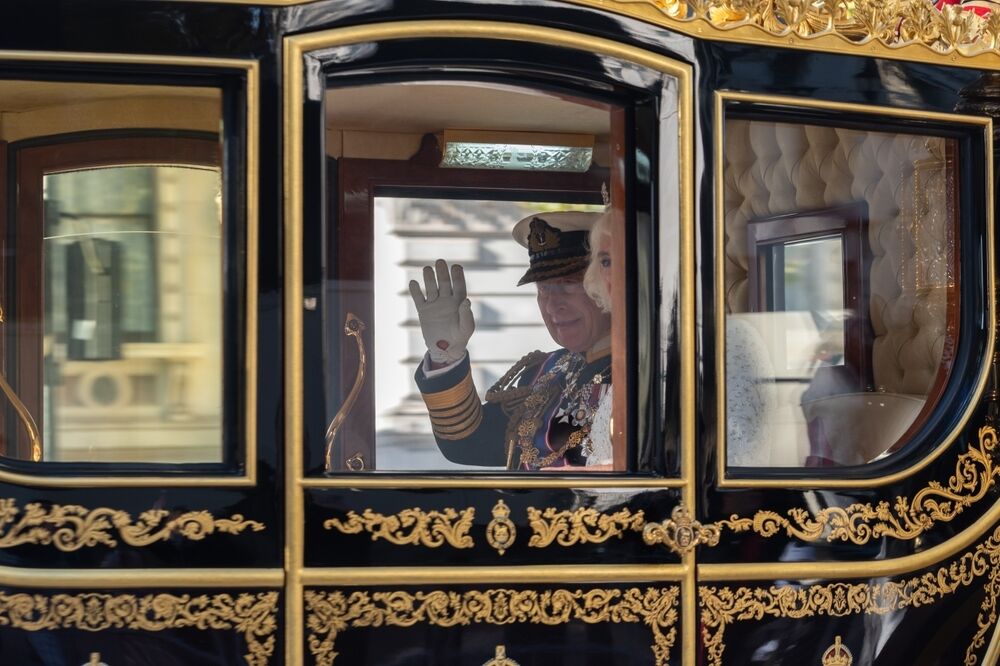King's Speech: Labour sets out its legislative agenda

His Majesty King Charles III has officially opened a new session of Parliament following the recent General Election result by delivering the King's Speech yesterday.
The speech is the Government's opportunity to set out its legislative agenda for the upcoming Parliamentary Session.
In total, there were 40 bills in the speech and accompanying memorandum. This includes two that were carried over from the previous parliamentary session. It is the highest number of bills to appear in a speech since 2005.
The speech was themed under the Government's five missions:
- Economic security and growth
- Making Britain a clear energy superpower
- Building an NHS fit for purpose
- Making Britain's streets safe
- Breaking down barriers to opportunity
There are Bills to strengthen economic accountability, improve access to buses, introduce a new Great British Energy company, modernise the asylum system, improve football governance, reform housing planning, modernise the Mental Health Act, reform the House of Lords to name some key examples.
A lot of the Bills are single-issue bills which makes it harder to amend.
There are several larger, 'Christmas Tree' Bills which are much larger in scope. Of note here is the Crime and Policing Bill. In previous parliamentary sessions, some MPs have used similar legislation to try and pass amendments to 'decriminalise' abortion which would make abortion all the more available.
There is also a Children's Wellbeing Bill which has the aim of putting child welfare at the heart of education and child social services.
This intention is good and no doubt there will be part of this Bill that Christians can support.
However, one reported aspect of it is a national register of home-schooled children. There have been previous attempts to pass similar measures. One key objection to such a register is that it represents a state overreach into the rights and responsibilities of parents.
Again, some of the intention is laudable: to ensure home-educated children are actually being educated. However, is a national register the way to go? Could it lead to state interference when parents have often consciously chosen to eschew state education for a variety of reasons?
There is a also a draft conversion practices bill. This has been on the cards since 2018 but so far, no government has managed to pass legislation. What is noticeable about Labour's draft bill is that it is fully-trans inclusive (this part had been dropped by a previous government).
A draft bill takes much longer to pass through parliament so the fact it will be in draft form means more scrutiny which is a good thing.
It is nigh on impossible to effectively legislate in this area in a way that does not compromise fundamental freedoms of churches, parents, teachers, medical professionals etc...
While the intention to stop abuse from happening is worthy of support, the question is whether a legislative ban is the best way to achieve this end. Plenty of voices, both Christian and non-Christian are increasingly of the view that legislating safely in this space is simply not possible.
Share